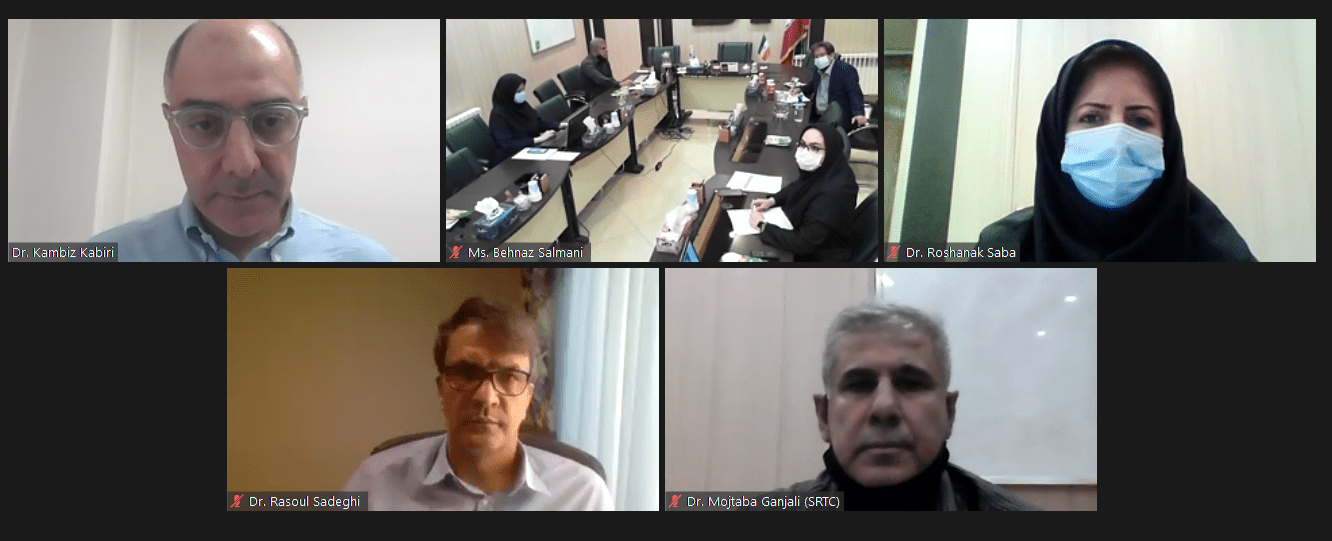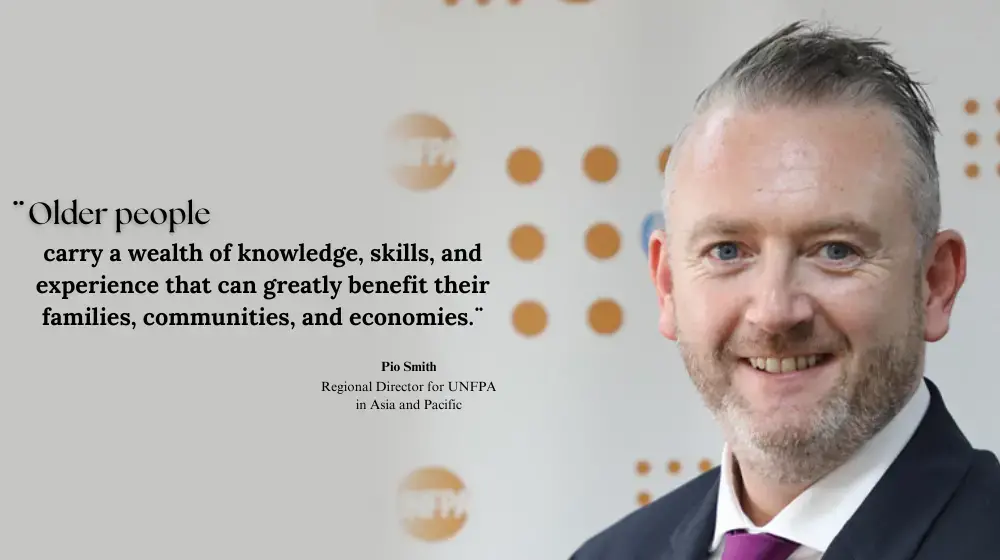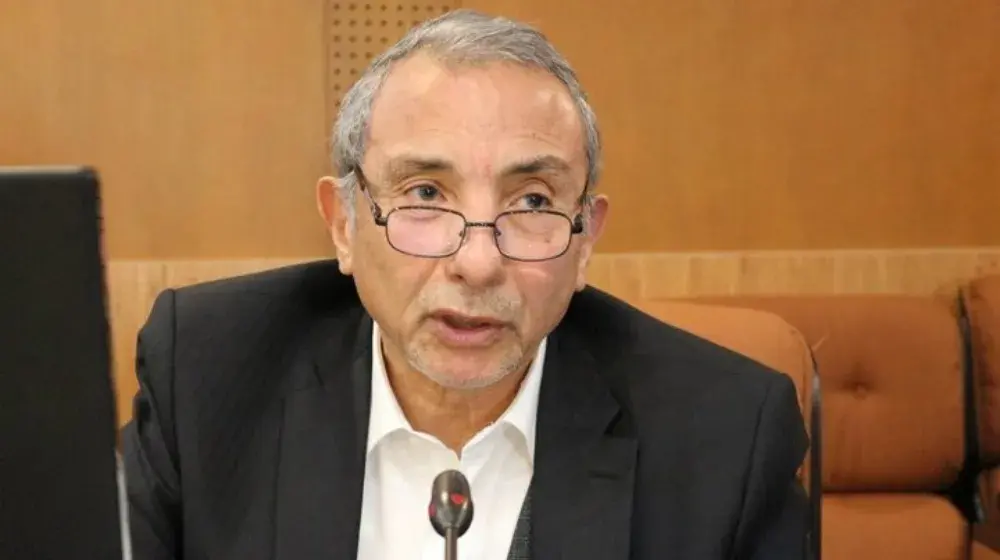On Monday 9 August, the Statistical Research and Training Center (SRTC) of the Statistical Center of Iran (SCI), UNFPA, and the National Organization for Civil Registration (NOCR) jointly held a webinar on “Demographic impacts of COVID-19: Fertility and Childbearing in the Era of Pandemic”. The webinar focused on a report related to the third component of the research study on "Socio-economic, demographic and mental health impacts of Covid-19". The Head of the SRTC, representatives of SCI, UNFPA Representative in Iran, experts, and academia actively took part in this webinar as panelists and keynote speakers. This study was developed and implemented by the SCI/SRTC with the support of the United Nations Population Fund (UNFPA) and the United Nations Children's Fund (UNICEF) in 2020.
To open the floor, Dr. Shabbak, Head of the SRTC presented an overview of the study on "Socio-Economic, Demographic and Mental Health Impacts of Covid-19" and expressed hope that this project will help the country better plan for, and mitigate the effects of the Covid-19 pandemic. He also pointed out that from the very beginning of the pandemic, he had considered himself responsible for gathering information that could help planners and stakeholders in this field, and that the SCI was one of the few organizations whose statistical activities did not stop, even at the Peak of the global Covid-19 pandemic. Mr. Abbasi, the Director General for the Bureau of Population, and Migration Statistics, NOCR, presented a report on the activities of his organization related to register-based statistics during the outbreak of -and noted that the production and dissemination of statistics is a dynamic process belonging to the people, and all people’s opinion in this area, is important. He added that NOCR is a public body with the duty to provide required data to planners and the public. Dr. Sathya Doraiswamy, Representative of the United Nations Population Fund, explained about the impacts of Covid-19 globally, noting that we are still in the middle of the road and many governments are working to protect people's health. Dr. Doraiswamy added that global solidarity and scientific cooperation are needed more than ever, and emphasized the full support of the UNFPA to the Government of the I.R. Iran in its efforts to create supportive and empowering environments for youth and women.
A series of presentations were made by panelists depicting the impacts of COVID-19 on populations, including childbearing behaviors and fertility trends, both at a regional level in Asia Pacific as well as in the Islamic Republic of Iran. As the first speaker, Dr. Kabiri, Programme Analyst in Population & Development at UNFPA, gave an overview of the topic. Dr. Saba, an academic member of the SRTC, further discussed the study , its objectives and the participating organizations. Subsequently, Dr. Sadeghi, Head of the National Population Studies & Integrated Management Institute, provided explanations related to the component of marriage and childbearing, and pointed out that various studies show that economic recession can affect people's childbearing plans and reduce fertility. He continued that in times of uncertainty, people postpone their life plans, including marriage and childbearing, and that about 30% of single persons have postponed their plans for marriage. Finally, Mr. Abbasi, Director General for Bureau of Population, and Migration Statistics of NOCR compared the birth rate of newborns, before and after the outbreak of Covid-19 through well-illustrated slides.
The webinar ended after questions and answers sessions and some overeall suggestions provided by Dr. Ganjali, Deputy for Research, STRC.
The webinar was attended by 120 experts from universities and specialized institutions across the country.





